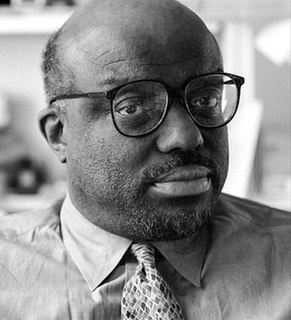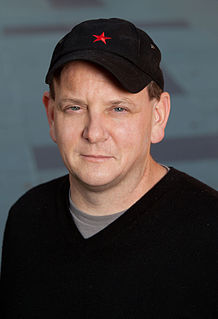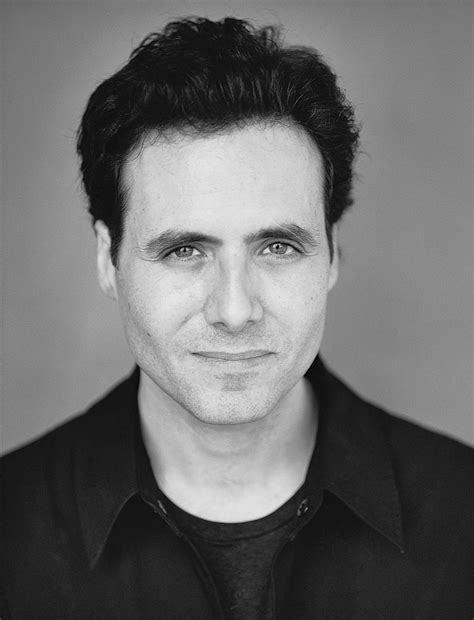A Quote by Stanley Crouch
I wanted to get to that aesthetic proposition that comes out of learning the human elements of a world, so that those notes and rhythms mean something to you besides just the academic way in which they fall in place.
Related Quotes
Guys, just remember, if you get lucky, if you make a lot of money, if you get out and buy a lot of stuff--it's gonna break. You got your biggest, fanciest mansion in the world. It has air conditioning. It's got a pool. Just think of all the pumps that are going to go out. Or go to a yacht basin any place in the world. Nobody is smiling, and I'll tell you why. Something broke that morning. The generator's out; the microwave oven doesn't work . . . Things just don't mean happiness.
But anyone can write, right?'" Conner asked. "I mean, that's why authors get judged so harshly, isn't it? Because technically everyone could do it if they wanted to." "Just because anyone can do something doesn't mean everyone should," Mrs. Peters said. "Besides, anyone with an Internet connection feels they have the credentials to critique or belittle anything these days.
Man must be able to recover, to win out, triumph over adversity. And I don't mean just the little adversity like paying his room rent or something. But those deep, deep human adversities because something he has faith in has turned to ashes. Where someone he loves turns out to be just another joke. You get to the point of suicide. But you can bounce back - they can't completely destroy you.
I began to read [Bible] as a critic, an in-house critic. So I got to a place where when I got to the university, I just couldn't reconcile that book and some of its points of view with stuff I was learning in my academic career. And so then you have a choice: either you give up your academic career and close your mind and become a constant fundamentalist, or you give up your religion and become a citizen of the modern world and get a modern education, or just spend the rest of your life balancing the two things together, forcing them into a dialogue.
About Thomas Hobbes: He was 40 years old before he looked on geometry; which happened accidentally. Being in a gentleman's library, Euclid's Elements lay open, and "twas the 47 El. libri I" [Pythagoras' Theorem]. He read the proposition "By God", sayd he, "this is impossible:" So he reads the demonstration of it, which referred him back to such a proposition; which proposition he read. That referred him back to another, which he also read. Et sic deinceps, that at last he was demonstratively convinced of that truth. This made him in love with geometry.
If you can express something in the simplest way possible, I think there's something noble in that. It's easy to flesh stuff out and get all purple with it, being cryptic and wearing masks... I think it's a bit adolescent. I wanted to write in a way that was vulnerable. I wanted to have courage in stripping back the opaque stuff so it was just raw. I like lyrics that are a lifeline, that have a purpose to them and are not just meandering around in a masturbatory way. They cut the page.
To make our position clearer, we may formulate it in another way. Let us call a proposition which records an actual or possible observation an experiential proposition. Then we may say that it is the mark of a genuine factual proposition, not that it should be equivalent to an experiential proposition, or any finite number of experiential propositions, but simply that some experiential propositions can be deduced from it in conjunction with certain other premises without being deducible from those other premises alone.
All I really know in nonfiction is that when I come home, I've got all these notes and I'm trying to figure out what actually happened to me. I usually kind of know what happened, but as you work through the notes, you find that certain scenes write well and some don't even though they should. Those make a constellation of meaning that weirdly ends up telling you what you just went through. It's a slightly different process, but still there's mystery because when you're bearing down on the scenes, sometimes you find out they mean something different than what you thought.
Maternity has come a really long way from when my mother or my friends' mothers were shopping, but it's still very limited and it's hard. Just because you become pregnant doesn't mean your style changes. You still want to maintain your same aesthetic, but it can be very challenging with what is out there. It's been interesting to kind of learning to dress around it.







































